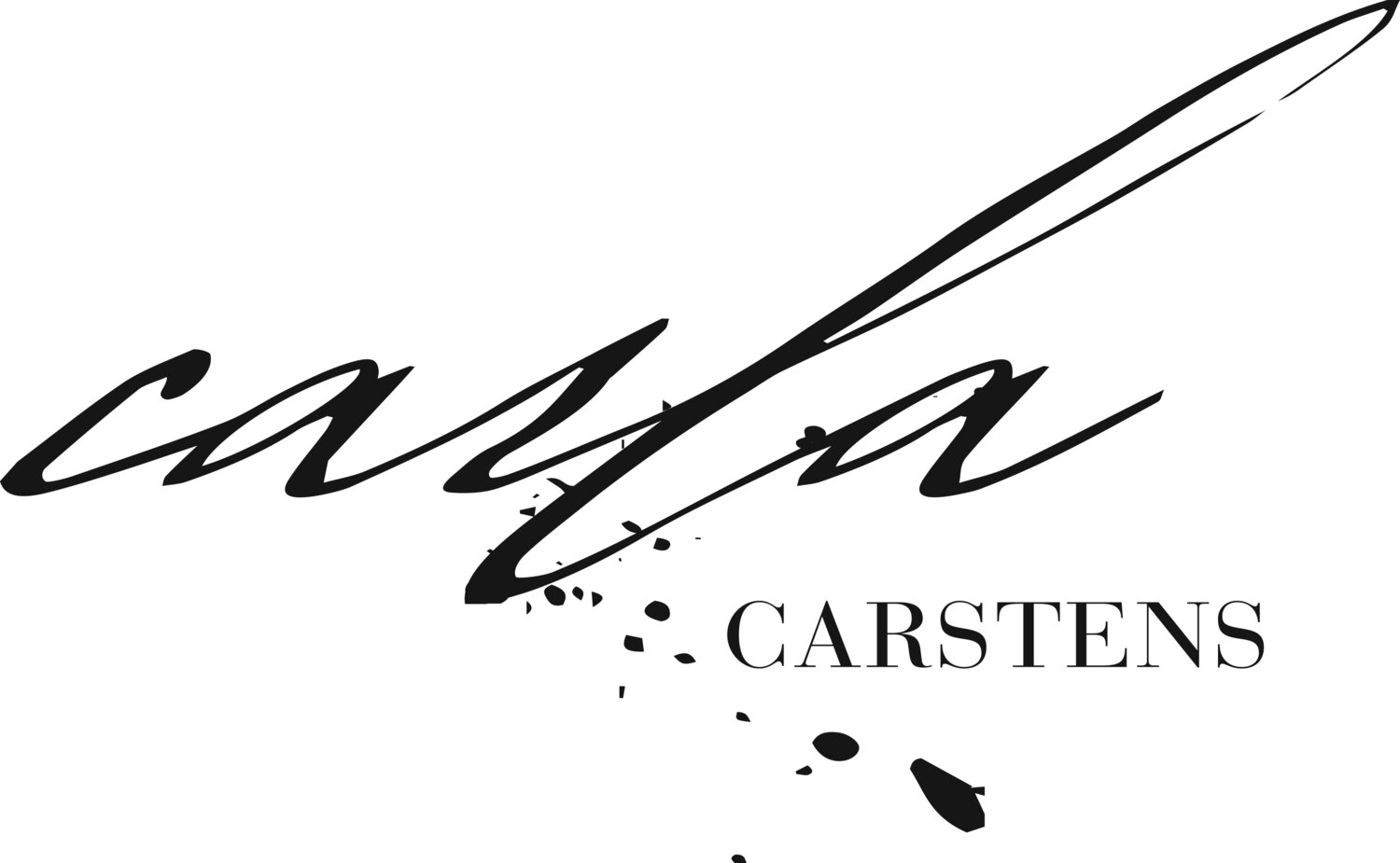The Power of Lifelong Learning: How Staying Curious Fuels Success and Happiness
Listen to the original podcast here
Learning doesn’t have to stop after you receive your diploma. It shouldn’t! Lifelong learning means constantly exploring new topics, picking up new skills, and expanding your knowledge in areas that may have nothing to do with your career. But don’t worry—lifelong learning doesn’t require you to return to school or spend hours with an algebra book. It’s about being curious and seeking new experiences in all aspects of your life.
Lifelong Learning Isn’t as Exhausting as It Sounds
Sure, the phrase lifelong learning can sound intimidating. After all, lifelong implies you’re supposed to keep learning forever. But it doesn’t mean cramming more into your already busy schedule. It’s not about memorizing formulas or working toward another degree. You can learn simply by living and engaging with the world around you in more thoughtful ways.
Learning can be fun and inspiring, whether it’s learning how to play a new instrument, developing a new skill like coding, or exploring a new hobby like photography.
Why Continue Learning?
We’re often taught that the path to success is pretty straightforward—get good grades, graduate, land a good job, work hard, and climb the ladder. But life isn’t always so predictable. Even with great grades and a strong resume, success isn’t guaranteed. I’ve learned that curiosity and the desire to keep learning have played a huge role in my own career development.
Unfortunately, most people stop learning after they finish school, abandoning hobbies and interests they once had. It can be tough to be a beginner at something again as an adult, but embracing that beginner’s mindset can open up exciting new doors. Starting from scratch might be uncomfortable, but it’s the only way to master something new.
Learning Beyond the Box
When we think of learning, we often think about academic or professional growth. But learning can be much more diverse. For example, when I worked in fashion PR, I became known as the go-to person for recommending the best bars, restaurants, and clubs. My personal interest in food and nightlife became an asset at work. I started sending out a company-wide email with my top picks, and my boss loved it.
Similarly, running a side business taught me digital marketing. I didn’t start learning about digital marketing to advance my PR career, but it gave me the tools to pivot into marketing as a whole.
Sometimes, learning something new can come in unexpected forms, but it always adds value.
The Benefits of Lifelong Learning
It Widens Your Perspective
By learning about different industries, hobbies, and perspectives, you expand your mind. This can boost creativity and inspire new ideas. Ever heard of *shoshin*, or beginner’s mind? It’s a Zen Buddhist concept that encourages you to remain open to learning, no matter your level of success.
It Keeps You Current
The world moves fast, and industries evolve constantly. Staying engaged with new knowledge, attending conferences, or taking online courses helps you stay relevant and adaptable. Whether you’re reading industry news or watching tutorials, learning keeps you ahead of the curve.
It Boosts Creativity
The more you expose yourself to new ideas, the more creative you’ll become. Original ideas are often just combinations of things that already exist, so the more you learn, the more unique connections you can make.
It Builds Confidence and Happiness
When you master something new, your confidence grows. This intrinsic happiness comes from self-improvement rather than external validation. Plus, learning helps you become more adaptable, ready to tackle life’s challenges head-on.
How to Get Started with Lifelong Learning
Decide What to Learn
Think about personal and professional development. Broad industry knowledge is a good starting point, but also explore things that spark your curiosity outside your usual focus. Whether it’s coding, cooking, or digital marketing, there’s no shortage of subjects to dive into.
Use Available Resources
You don’t have to break the bank to learn something new. Start with free resources like podcasts, YouTube, or articles on the internet. If you want to dive deeper, consider online courses, many of which are free or affordable.
Tap Into Your Workplace
Check if your company offers learning stipends or professional development opportunities. Even if there isn’t an official policy, you can always pitch an idea to your HR team or manager, like organizing a lunch-and-learn session with a local expert.
Ask for Learning Opportunities
Don’t hesitate to ask for more learning opportunities at work. Companies are often willing to support employees in professional development, so be proactive and suggest workshops, conferences, or courses that align with your job.
The Bottom Line
Lifelong learning has countless benefits. It makes you more adaptable, creative, confident, and successful. Whether you’re reading books, taking online courses, or learning from everyday experiences, there’s always something new to absorb. And the best part? Learning doesn’t have to feel like work—it can be an exciting journey that enriches your personal and professional life.
So pick up a new hobby, dive into a topic you’re curious about, and never stop learning. After all, knowledge is power.
